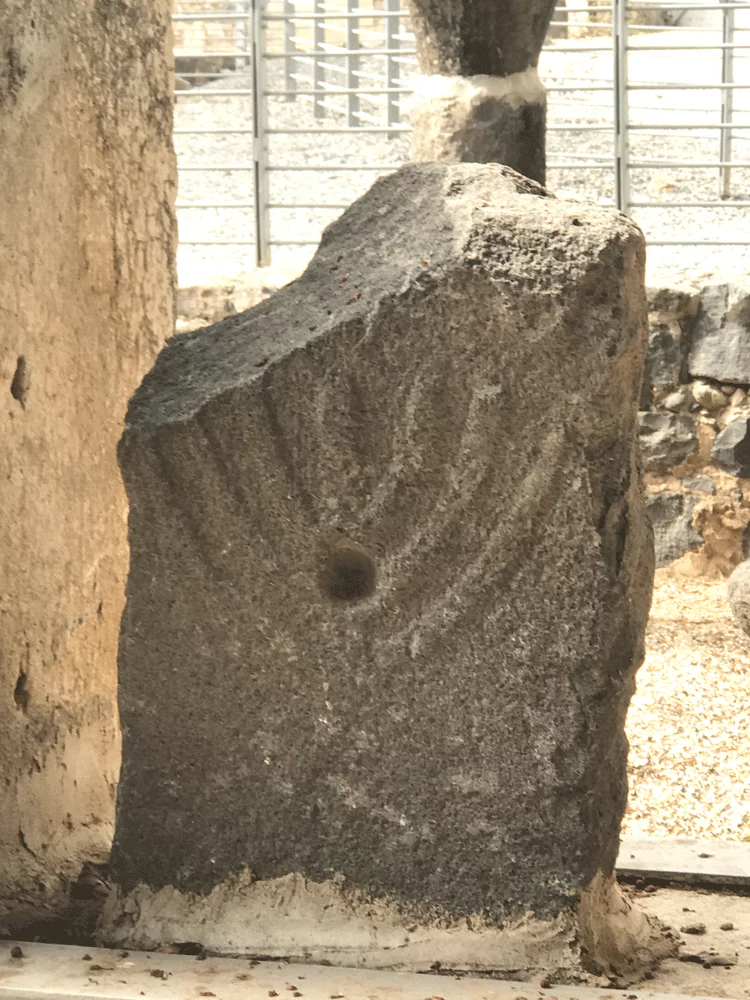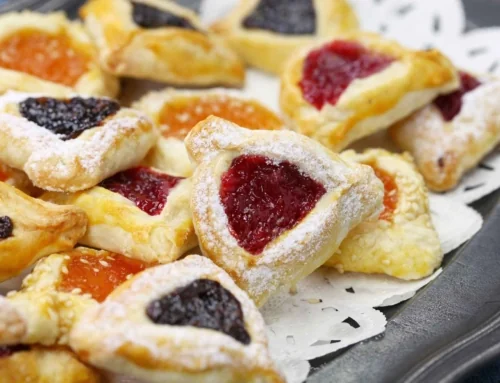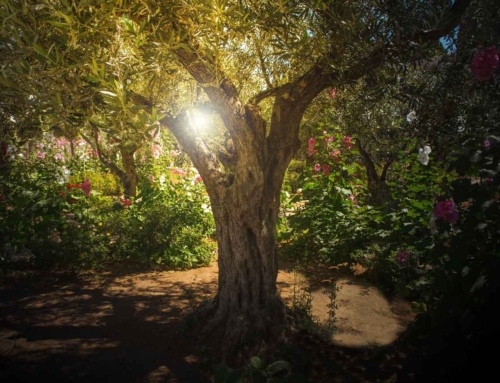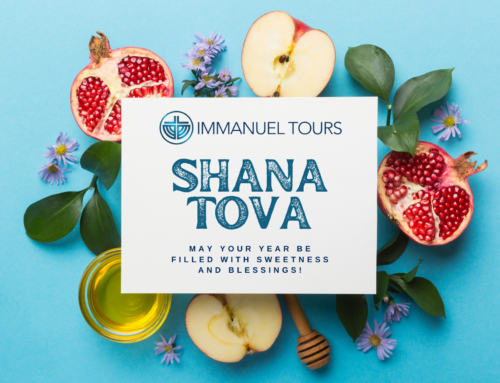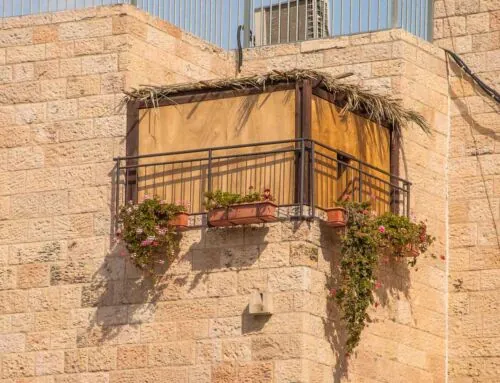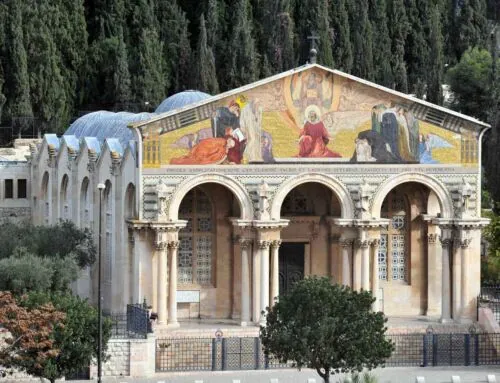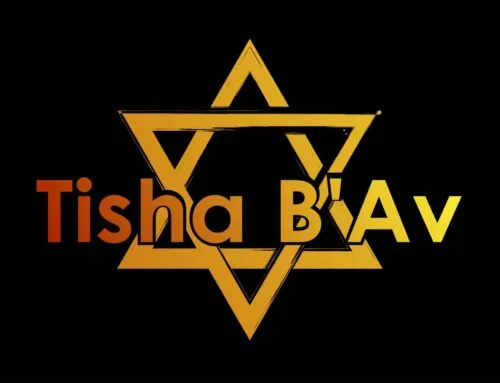Every December, we see Christmas trees displayed prominently around the world in homes, shopping centers, civic areas and places of worship. Then, nearby and often much smaller will be a 9 pronged candelabra known as the menorah.
Often seen as a symbol of inclusion or even a consolation prize to Jewish people during the Christmas season, many have no idea about what it means.
Here are 8 facts for the 8 days of Chanukah…
- Chanukah celebrates the re-dedication of the 2nd Temple after the 7 year Jewish revolt against Hellenistic influence by invaders from the ancient Seleucid Empire which was ruled by Antiochus lV Epiphanes. The triumphant warriors won against all odds using guerilla warfare tactics and when they went to the Temple to light the menorah, they only found 1 sealed bottle of oil, enough for one night. The miracle came when the oil lasted 8 nights, allowing time for more oil to be obtained.
- Most people only associate the Menorah with the 9 candle lampstand traditionally lit during the celebration of Chanukah and referred to as the “hanukiah”, however this lampstand is just a representation of the real Temple menorah that Moses was instructed how to build in Exodus 25:31-40. The menorah he was instructed to build has 7 candles instead of 9. The traditional menorah has been found depicted in many ancient sites, including Magdala and Capernaum.
- The word Chanukah means “re-dedication” in honor of the Temple no longer being under Hellenistic influence.
- Jesus never celebrated Christmas, but he did celebrate Chanukah! John 10:22 states that Jesus attended the “Feast of the Dedication” and states that it was in winter.
- The dreidel, the spinning top that has become synonymous with Chanukah, has a debated history. While some believe it was used as a distraction when studying the Torah was disallowed, there is also belief that the game was picked up during the diaspora from various cultures the Jewish people were living among. The traditional dreidel has letters on each side and is an acronym for “A Great Miracle Happened Here”.
- Jelly-filled donuts and potato latkes fried in oil (to remind one of the miracle) are popular foods eaten during the feast.
- Many are confused by Hanukah v. Chanukah and which spelling is correct. Neither are incorrect and acceptable to use.
- Gifts at Chanukah are meant to encourage youth to read and study the Torah, which had been illegal before the Maccabees defeated the Hellenistic invaders.
This Chanukah, stop looking at the holidays as “theirs and ours” and instead start looking at the magnificent way that God weaves us all together!

